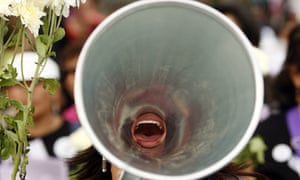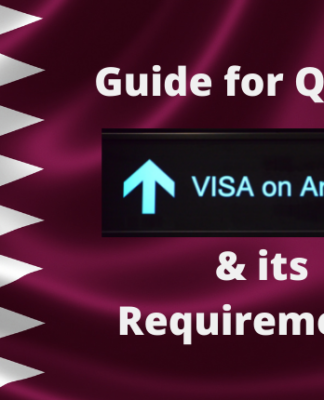
According to the law, if I were walking down the street and a person were to say to me: “***k off, you bl**dy kuff**!”, would I be able to say something equally offensive back, or would that be prohibited? What are my rights in this situation? Am I allowed to issue a reasonable insult in return in order to protect myself? What would be considered something reasonably insulting in self-defence and what would be considered provocation? Thank you for this.
I have never understood why people insert asterisks for letters when writing swear-words. We all either know what the words are – so if we are the sort of people likely to be offended by such words, we are no less likely to be offended because they are not written in full – or the effect is to leave confusion as to what was actually said. Sadly, that is a possibility here.
I assume that the word “kuff**” is kuffar, an Arabic word for non-believer or non-Muslim. I have no sense of how offensive it is or of whether it may be considered more offensive to some groups than others. But I will assume from the context in which it was used – all those asterisks – and the fact that WeAreTheWorld was evidently offended by it that it is at the very least insulting.
Before I come on to whether and how WeAreTheWorld is entitled to respond, it is worth considering whether the person who (hypothetically) swore at him committed an offence him/herself.
There are three offences that someone who uses “threatening, abusive or insulting” language in a public place may been deemed to have committed. (These offences can also be committed in a private place if what is said is audible outside. They also apply to similar behaviour and the display of similar posters, pictures or signs.) All three offences fall under the Public Order Act 1986.
The least serious is under section 5. Here it is an offence to use threatening, abusive or insulting words within the hearing of someone likely to be caused harassment, alarm or distress by them. So the prosecution have to show only that there was someone else present who might have been caused harassment, alarm or distress, not that anyone actually was. This person could in some cases be the police officer who then goes on to arrest the person, but the courts have taken the line that police officers, exposed to bad language on a daily basis, can be assumed to be fairly robust and far less likely to be offended than others.
Section 4A makes it an offence to use threatening, abusive or insulting language with the intention of causing someone else harassment, alarm or distress. The offence is only committed if it has that effect.
Under section 4 it is an offence to use threatening, abusive or insulting language with the intention of making someone else believe that immediate violence will be used against them or of provoking an immediate violent response. The offence is also committed if the effect of the person’s language is that someone else will think that immediate violence will be used against them or a violent response provoked.
The maximum penalty for the offence under section 5 is a fine of £1,000, while someone could be sent to prison for up to six months or be fined up to £5,000 for the offences under sections 4 or 4A.
Would a person who uses the words “Fuck off, you bloody kuffar!” in WeAreTheWorld’s presence commit one of these offences? Assuming, as we are doing, that kuffar is a term of abuse, then yes. Which offence will depend on the context: how it was said, what gestures, threatening or otherwise, accompanied it, etc.
It is even arguable that the person is committing the religiously aggravated form of one of the offences. Under section 28 of the Crime and Disorder Act 1998, these three Public Order Act offences are treated as religiously aggravated if, at the time of the offence or immediately before, the offender displays hostility towards the victim based on the victim’s membership (or presumed membership) of a religious group. Significantly, “religious group” is defined as “a group of persons defined by reference to religious belief or lack of religious belief”, so abuse directed at someone for not being a Muslim (or for not sharing the same interpretation of Islam as the speaker) may come within the aggravated forms of the offences.
The aggravated forms of the offences under sections 4 and 4A are punishable by up to two years’ imprisonment or an unlimited fine, while the aggravated section 5 offence is punishable by a fine of up to £2,500.
It is worth pointing out that Liberty has concerns both about the aggravated offences – religious hostility should be relevant to the level of sentence imposed for the basic offences but should not be the basis of a separate offence – and about the low level of offensive language that may be caught by section 5. Suggestions have been made that “insulting” should be removed from the definition of the offence, so that only threatening and abusive language would be covered – a proposal that Liberty would support.
So is WeAreTheWorld entitled to respond in kind to the verbal abuse to which he is subjected? Can he, as he puts it, act in self-defence?
Self-defence is a defence in law, but only to a charge of assault; it has no application to speech offences. The risk WeAreTheWorld takes if he responds in kind is that he could himself face charges under the Public Order Act. It is a defence to charges under sections 4A and 5, but not 4, to show that your conduct was reasonable, but many might question whether responding to verbal abuse with a similar level of abuse is reasonable. Much better just to walk away.





























